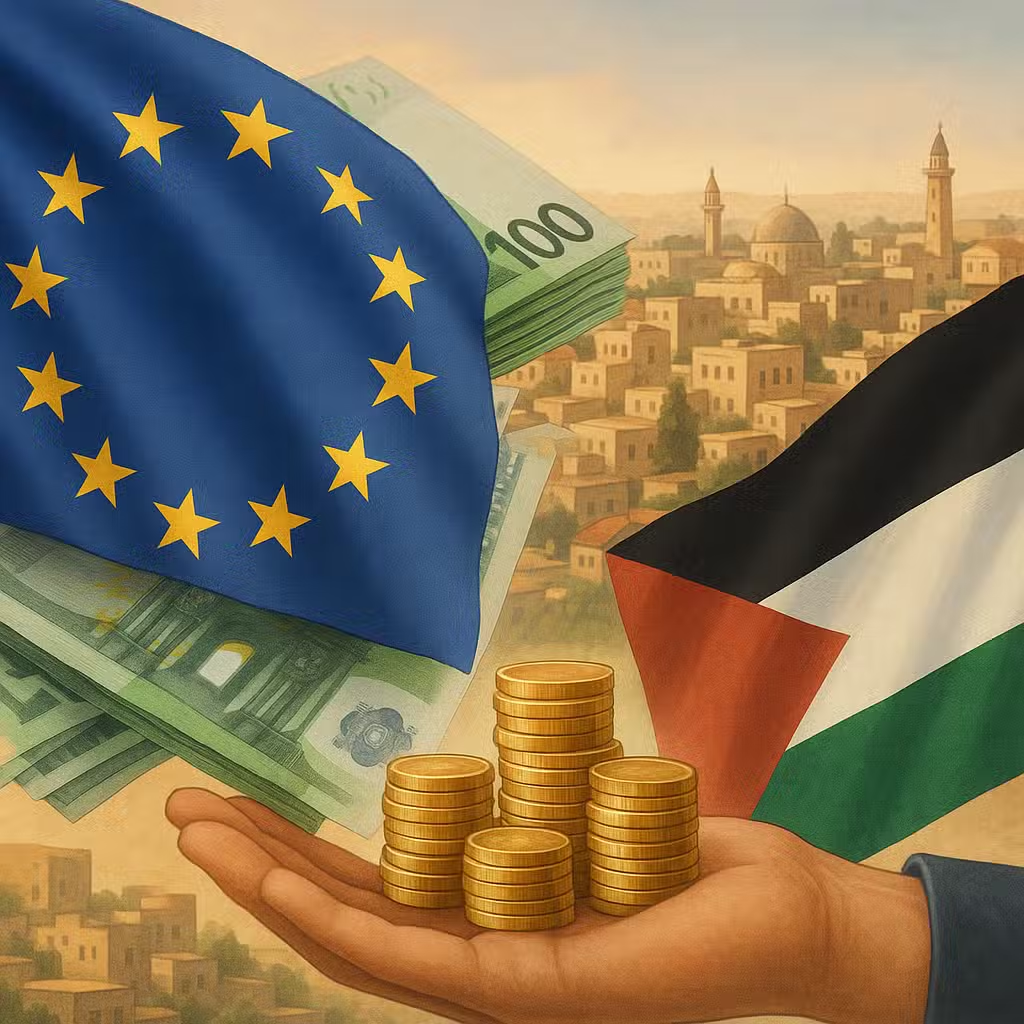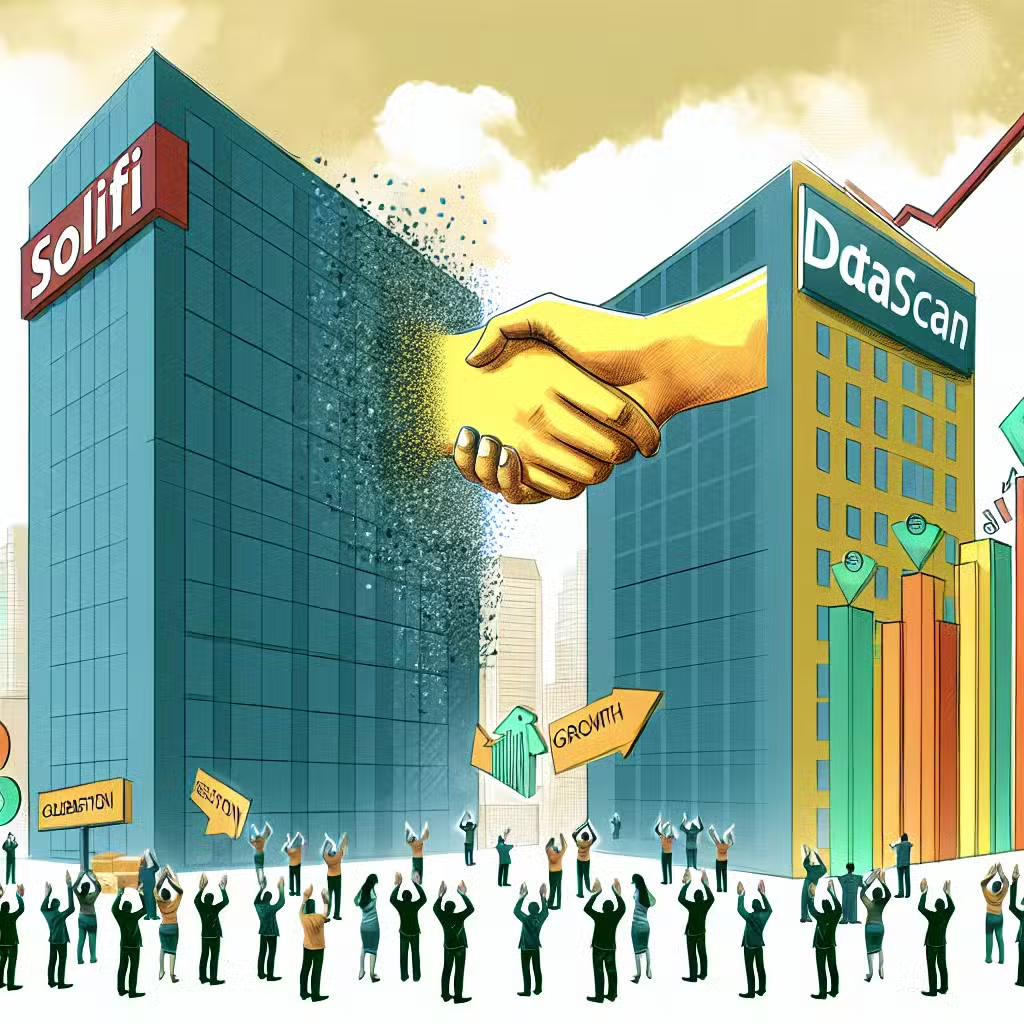EIB and EU Unveil €400m Fund to Boost Palestinian Private Sector Growth and Stability
Imagine your local community is hit by a big storm. Shops are closed, roads are blocked, and people can’t get to work. Now, picture someone stepping in to help small businesses rebuild, so everyone can get back on their feet. That’s what just happened for businesses in Palestine—but on a much bigger scale.
What’s Happening?
The European Investment Bank (EIB) and the European Commission have agreed to lend €400 million to the Palestine Monetary Authority (PMA). This deal was signed at the United Nations in New York, and it’s part of a larger €1.6 billion plan to help Palestine’s economy recover and grow between 2025 and 2027.
The money is meant to help small and medium-sized businesses (often called MSMEs) in Palestine. These businesses are the backbone of the local economy, providing most of the jobs in the region. But many of them are struggling because of ongoing conflict and tough rules that make it hard to trade and move goods.
Why Investors Should Care
This move matters for investors because stable and growing businesses in Palestine can mean new opportunities in the region. When local companies get the support they need, it can boost entire sectors like banking, construction, and retail. Plus, it shows that big players like the EIB and the EU are willing to step in when things get tough—something investors watch closely.
According to the World Bank, small and medium-sized businesses make up about 90% of all businesses worldwide and create more than 50% of jobs (source). When these companies get help, local economies can bounce back faster and stronger.
Bull Case: Why This Could Work
- Access to Money: Local businesses will get easier access to loans, helping them stay open, pay workers, and even grow.
- Job Protection: Keeping small businesses afloat means fewer layoffs and more stable communities.
- Investor Confidence: A big financial commitment from the EU and EIB can make other investors feel safer about putting money into the region.
- Long-Term Growth: Helping businesses now can lead to more jobs, higher incomes, and a stronger economy in the future.
Bear Case: What Could Go Wrong
- Political Risks: The region is still facing conflict and uncertainty, which could make it hard for businesses to use the loans effectively.
- Implementation Hurdles: Even with funding, local banks and businesses may struggle to get money where it’s needed most.
- Market Limitations: Restrictions on movement and trade could limit how much businesses can actually grow.
- Past Challenges: According to a Brookings study, previous aid efforts have sometimes fallen short when not matched with real political and economic changes.
Historical Context
This isn’t the first time the EIB has helped Palestine. Since 1995, they’ve provided about €1 billion in financing, including money for infrastructure and risk-sharing programs. In 2024 alone, the EIB gave $192 million to the PMA and helped fund water projects and local banks.
The PMA, set up in 1994, acts like a central bank for Palestine. It doesn’t print its own money, but it helps keep the financial system stable and supports local banks and businesses.
Investor Takeaway
- Watch for regional stability: Political developments will play a big role in how successful this funding is. Stay alert to news from the area.
- Look for sector opportunities: Banking, infrastructure, and small business services in Palestine could see growth if the plan works.
- Diversify risk: Investments in developing regions carry extra risks—consider balancing them with safer assets elsewhere.
- Follow the money flow: See how quickly and effectively the funds are used by local banks and businesses. This will hint at future opportunities or red flags.
- Learn from history: Past aid has helped, but only when paired with real changes. Dig into the details before making moves.
For the full original report, see Yahoo Finance







